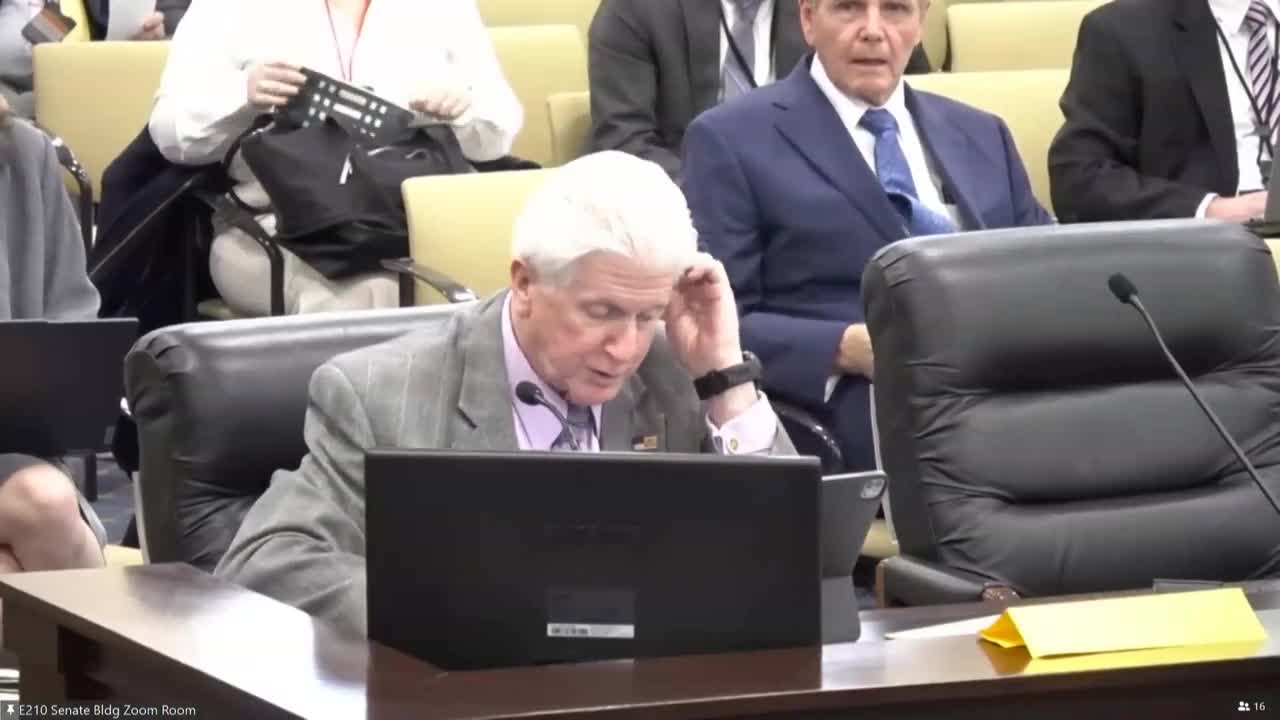Article not found
This article is no longer available. But don't worry—we've gathered other articles that discuss the same topic.
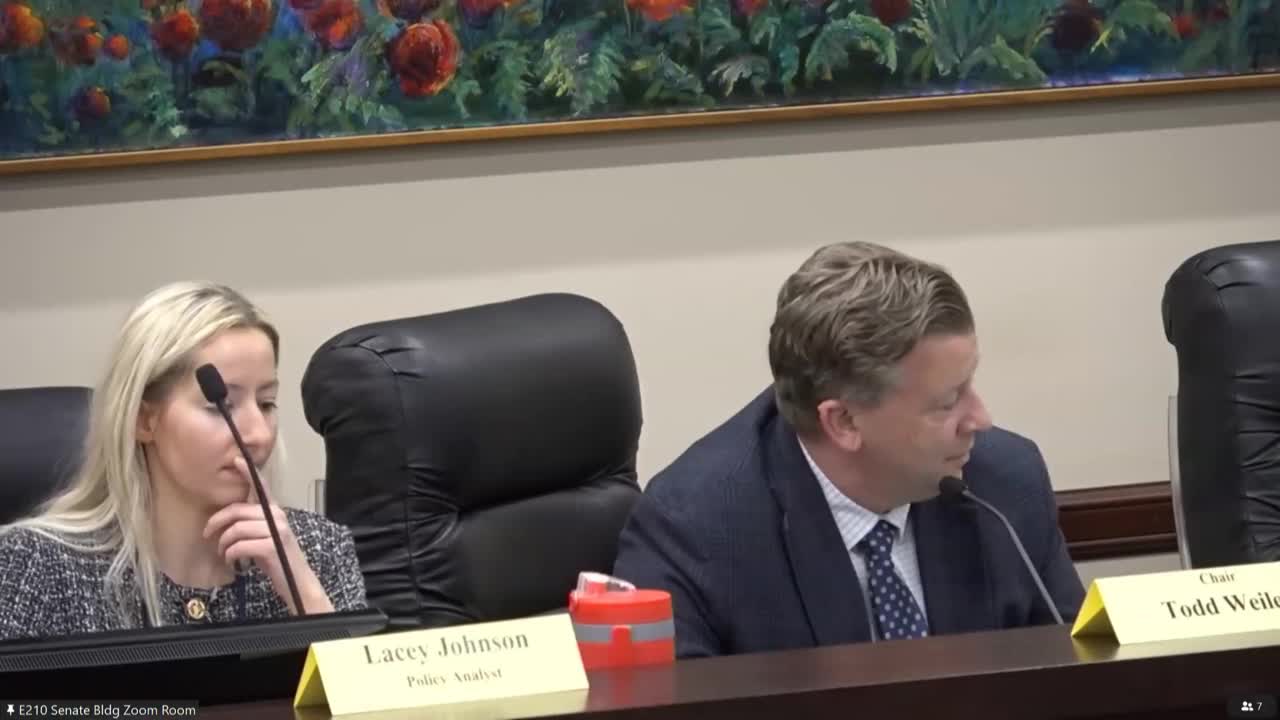
Committee advances HB 29 to clarify standards for nonparent custody and visitation
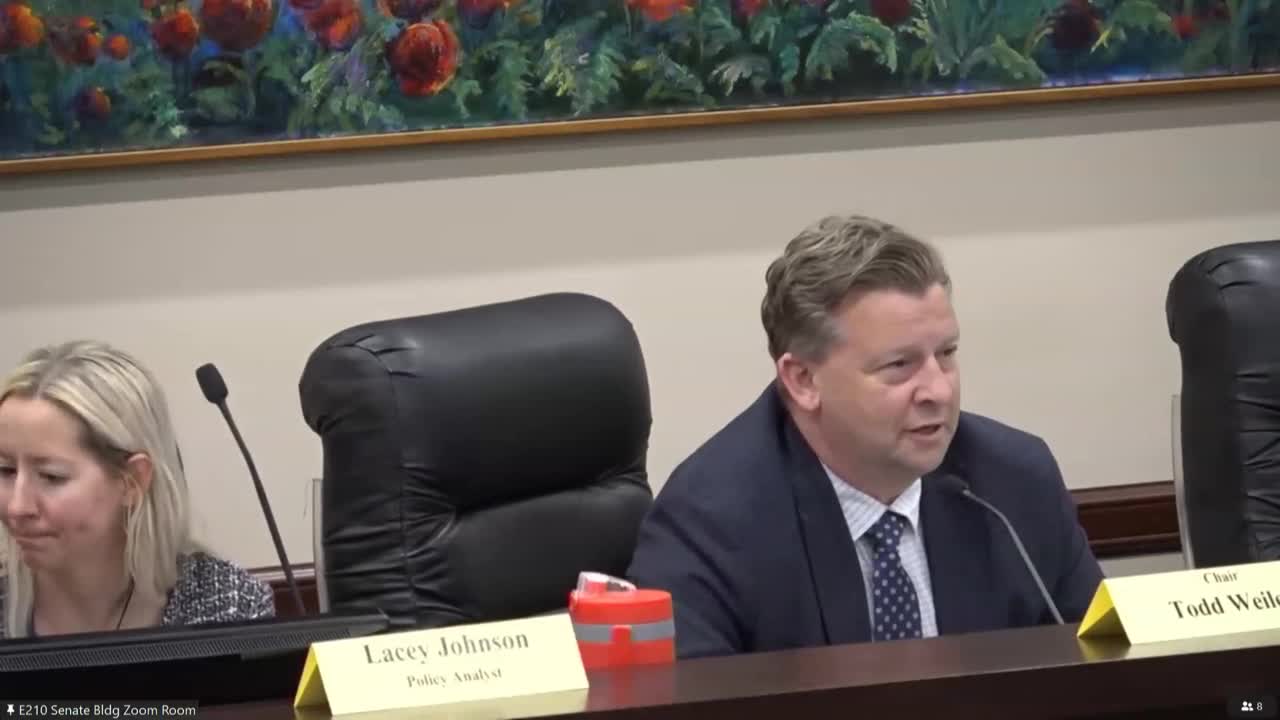
Committee approves recodification changes to juvenile prostitution offenses
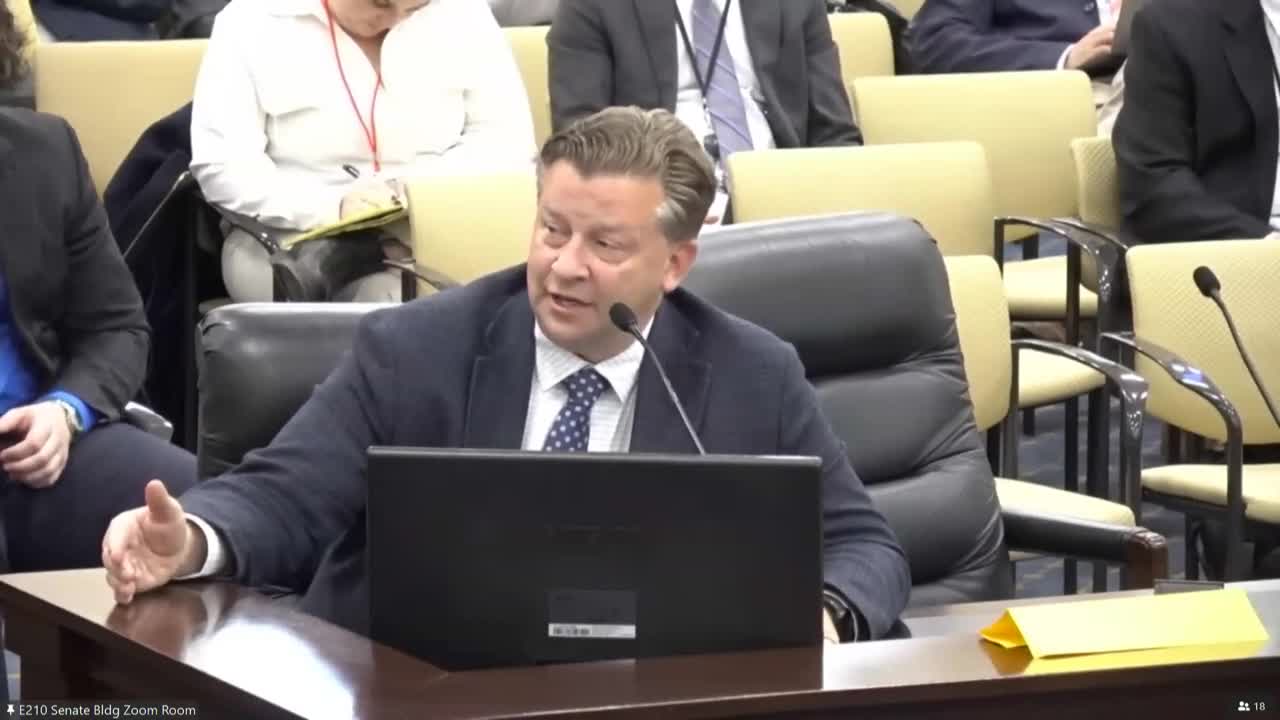
Panel approves technical DNA change to process samples for offenders with active warrants
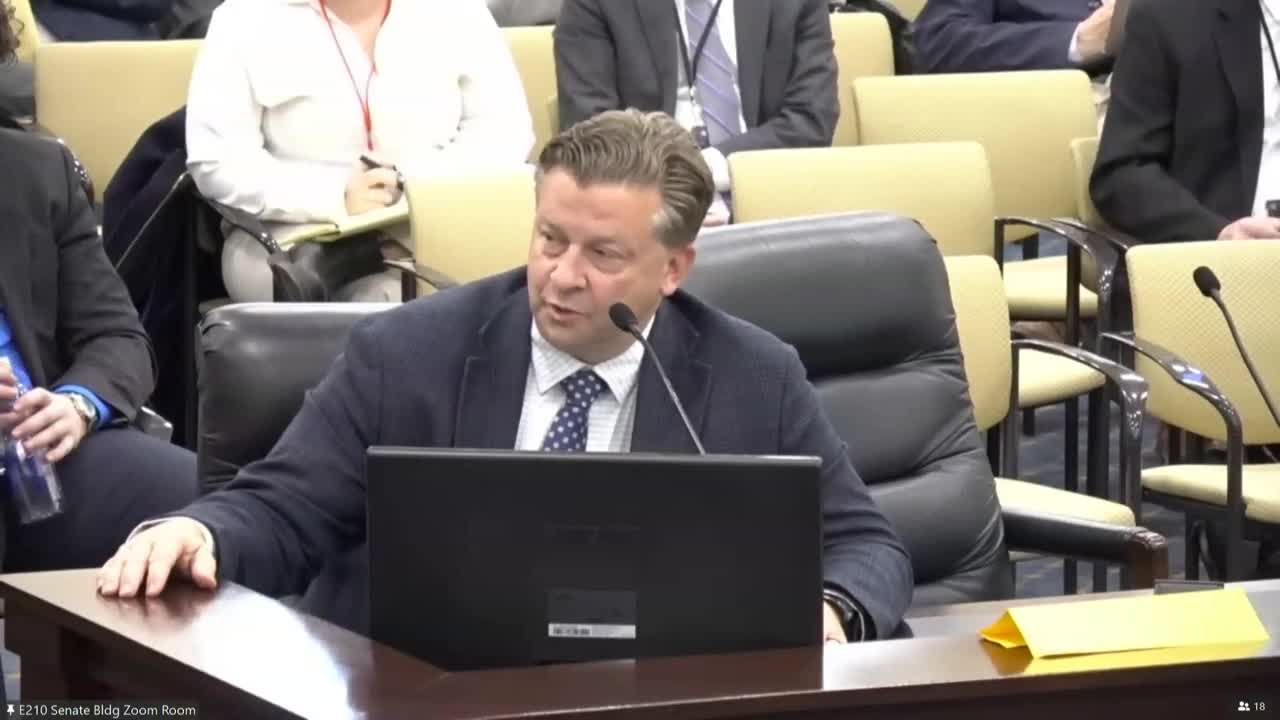
Committee OKs change to keep Utah businesses from unintended out‑of‑state class actions
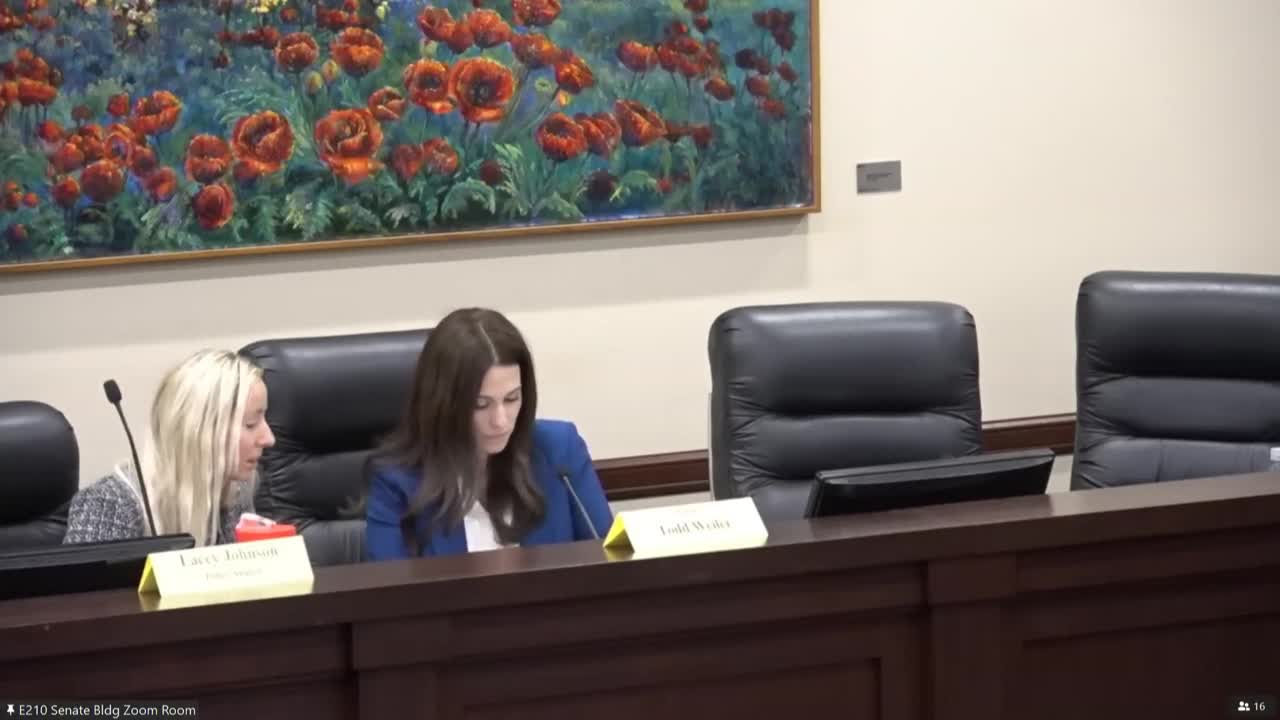
After contentious hearing, committee advances amended bill to shorten review timeline on sex-offender registry
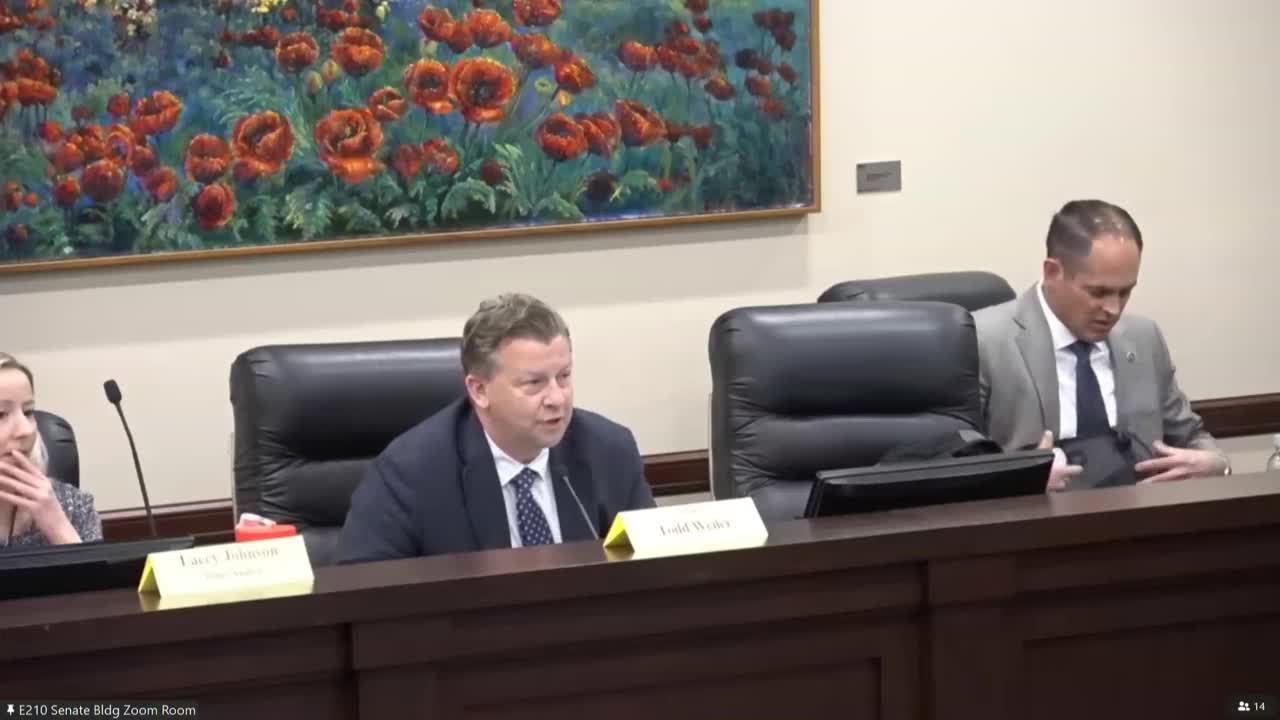
Committee unanimously backs SB 157 to provide counsel at juvenile nonjudicial adjustment stage
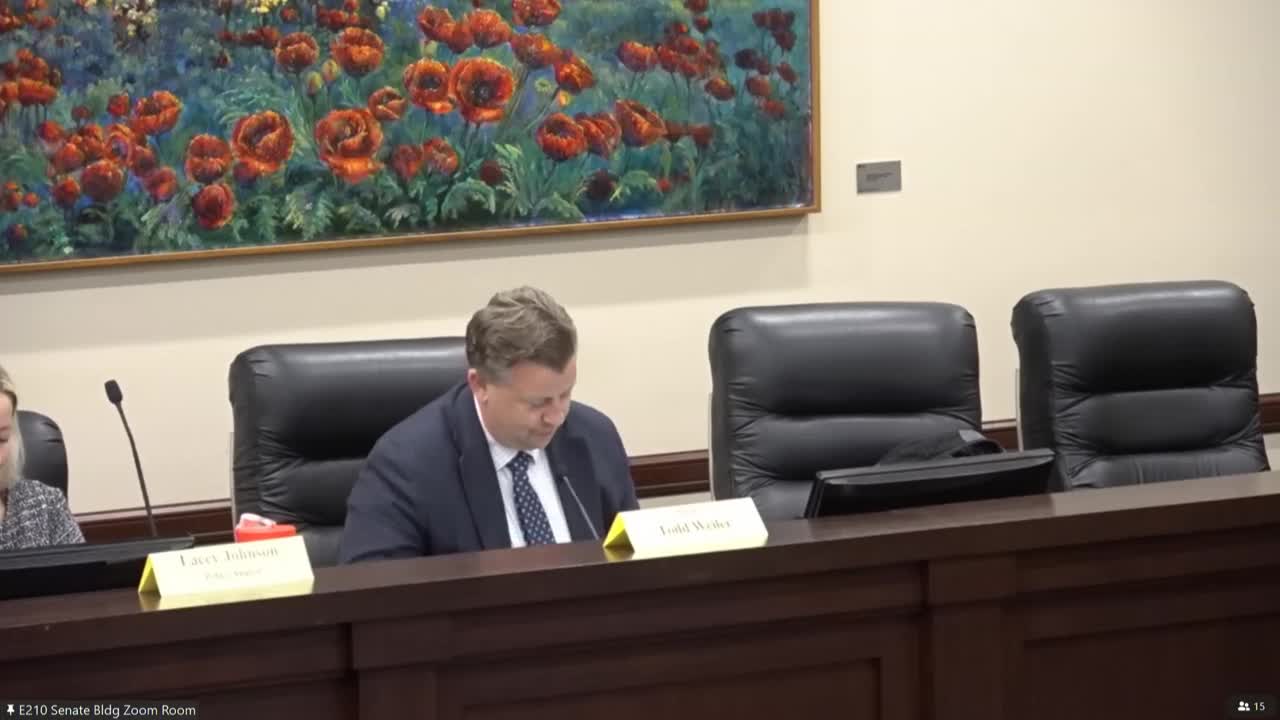
Committee backs bill to add corrections data to state single-sign-on portal
